9 eCommerce Customer Experience Trends You Can’t Ignore in 2026

If 2025 was the year of experimentation, 2026 is the year to scale what works. The brands that win will be the ones that read the room, not the playbook. They study behavior, test relentlessly, and double down on what customers actually value. This guide distills the eCommerce customer experience trends that deserve a place on your roadmap – supported by fresh data and examples.
The eCommerce Customer Experience Trends Shaping 2026
Shoppers glide between channels, expect instant answers, and won’t forgive clunky checkout. Research highlights AI-powered personalization, omnichannel orchestration, and social commerce as the biggest levers for growth – while sustainability and data transparency move from nice-to-have to deal breaker.
Statistics back up the claims that personalization was, is, and will remain the backbone of a good eCommerce customer service.
- By 2026, the global eCommerce market will reach $6.88 trillion and make up 21.1% of all retail sales, with nearly 7 in 10 shoppers now preferring retailers that personalize across all channels.
- Personalized shopping can increase eCommerce conversion rates by up to 15%
- 73% of consumers expect businesses to understand and anticipate their needs.
- Over 56% now expect always-personalized offers, making this no longer a premium, but a basic expectation for brands.
Before we explore the trends, remember that staying ahead in eCommerce support requires investing in reliable customer service technology.
eCommerce Customer Experience Software Comparison
For the latest benchmarks on response times, automation, and what customers expect from support in 2026, download our customer support trends report.
1. AI-Driven Hyper-Personalization
The demand for AI in customer service in retail is expected to grow by over 28% between 2023 and 2033. So, by 2026, AI will go beyond “people like you bought…” to dynamic journeys that adapt to each click, session, and context. From product ranking to individualized offers and triggered messages, the smartest stores treat every visit like a one-to-one consultation. GetResponse flags AI and machine learning as core engines of 2026 personalization and revenue lift, with real examples of behavior-based recommendations in action.
So what, in plain terms? Expect higher conversion and customer loyalty when your site, emails, and support mirror each shopper’s intent in the moment. Tools that personalize customer support and automate segmentation will be table stakes for growth teams.
Best customer experience eCommerce case studies
See how AI-powered personalization does wonders. We’ve picked our writers’ favourite brands to show you.
Sephora
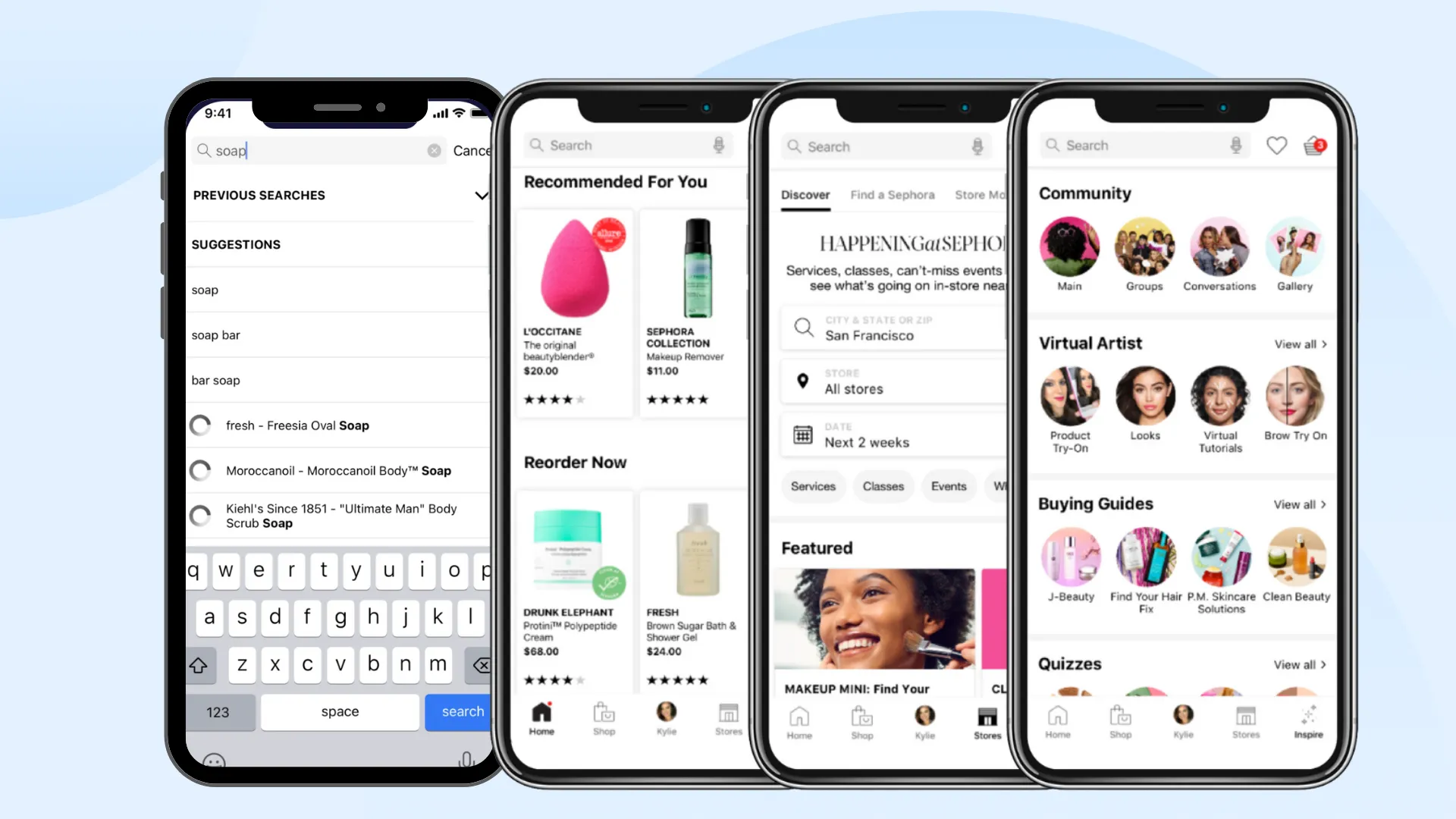
Sephora uses AI to analyze real-time browsing and purchase history, tailoring homepage content, triggered emails, and loyalty offers for each user. This results in an 11% increase in users coming back after receiving personalized push notifications.
From virtual makeup try-ons to customized skincare advice, Sephora uses AR and AI to improve the eCommerce customer experience. With features like more than 200 million virtual try-ons and a 35% rise in skincare sales, these digital tools engage customers, lower uncertainty, and produce results—the ability of technology to create individualized, convenient, and fulfilling customer experiences.
Besides personalization, Sephora also reported a 40% drop in response times (FRT) and a boost in customer satisfaction (CSAT) thanks to AI.
ASOS
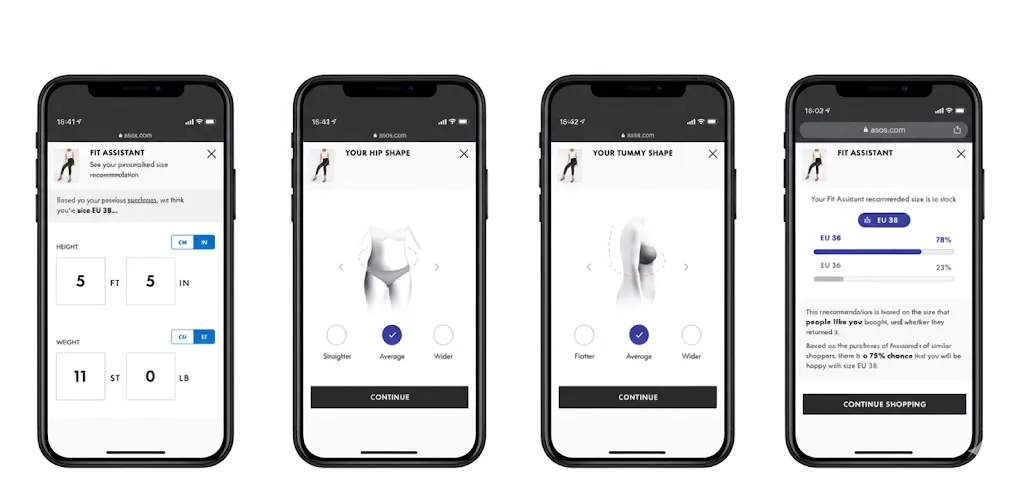
ASOS leverages machine learning to customize product listings and recommendations, leading to a 13% boost in conversion rates after deploying individualized landing pages for repeat customers.
Their new model can complete an outfit based on a provided seed product. Fit Assistant provides personalized size recommendations by analyzing user inputs such as past purchases, body measurements, and fit preferences, reducing uncertainty about sizing and improving purchase confidence. Meanwhile, Style Match allows customers to upload or snap a photo of an outfit or accessory, with ASOS’s AI instantly searching its vast catalog to present visually similar product suggestions, making it easy for shoppers to discover matches for their style inspiration, even down to accessories.
Stitch Fix
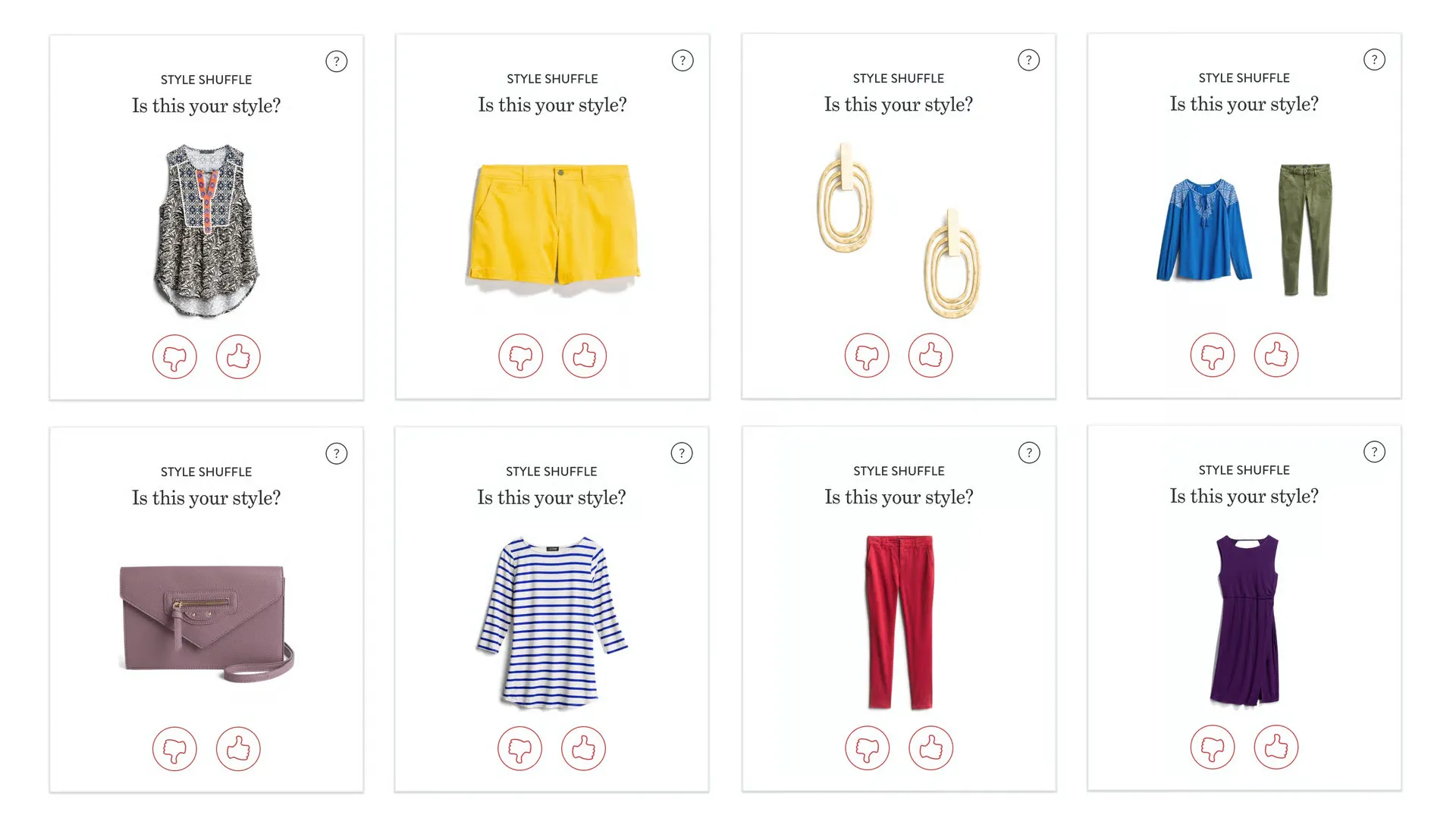
Stitch Fix’s “Style Shuffle” feature gathers granular feedback on preferences and runs thousands of micro-experiments each day to refine what items are surfaced, driving high repeat purchase rates and improving customer experience in eCommerce.
They call it a “Tinder for clothes” that invites customers to rate clothing items with a simple thumbs up or down, building a real-time map of each user’s unique style preferences. By analyzing billions of ratings with its Latent Style algorithm, Stitch Fix groups products based on shared customer behaviors (not just manual categories), allowing it to recommend new items even if the shopper hasn’t explicitly described their taste. The platform learns as much from disliked items as liked ones, enabling highly accurate, personalized selections that lead to greater satisfaction and increased spend, often predicting what users might want before they even realize it themselves.
Related articles: 6 Ways to Level up Your Customer Service With Data Analytics
2. Omnichannel and Unified Commerce Experiences
Customers want to start on mobile, continue on desktop, and finish in store without repeating themselves. Unified data enables BORIS (Buy Online, Return In-Store), consistent promotions, and context-aware service. 2026 playbooks emphasize omnichannel journeys and tech-stack flexibility so teams can add channels without rewiring everything.
Nearly 69% of shoppers use digital devices to compare prices before buying, and 80% of transactions still happen offline, showing the powerful need for seamless journeys across touchpoints.
Action tip: map your journey, then stitch intent across touchpoints so support and marketing “remember” each interaction. It is the backbone of trust. Keep FRT in mind – the quicker you respond, the better the chance customers will purchase from your brand.
FRT benchmarks for the best eCommerce customer experience
Related articles: Ecommerce Live Chat Support: The Complete Practical Guide 2026
3. Advanced Chatbots and AI Customer Service
The future is not bot versus human – it is bot then human, with smooth handoffs. Brands are investing in AI chatbots to deliver always-on answers and route complex issues to agents with full context. Signals from CX platforms show growing automation with measurable CSAT gains when implemented thoughtfully, while surveys indicate customers increasingly accept AI for immediacy.
Where to aim in 2026: let AI resolve routine questions instantly, then escalate nuanced cases with transcripts and sentiment so agents can be empathetic, fast, and effective.
Related articles: Live Chat vs Chatbot: Which is Right for Your Customer Service Strategy?
{{cta}}
4. Social Commerce and Live Shopping
TikTok, Instagram, and retail media ecosystems transform discovery into instant purchase. 2026 trend roundups call social shopping a dominant growth engine – especially for mobile-first audiences. Expect shoppable ads, creator-led demos, and live streams to move from experiments to core sales channels.
Global social commerce sales are forecast to surpass $1 trillion by 2026, with platforms like TikTok Shop and Instagram Shopping leading rapid adoption across age groups.
Practical win: launch one recurring live event per month with limited-time bundles, then retarget viewers with shoppable short clips.
Global Social Commerce Sales by Platform (2026 forecast)
Source: Fundamental Business Insights
5. AR/VR and Immersive Commerce
Virtual try-ons and in-room previews reduce purchase anxiety and returns, which is why immersive experiences feature in multiple 2026 outlooks. In fashion, analysts expect generative-AI-assisted creation and fit visualization to accelerate, pushing “try-before-you-buy” from novelty to norm.
Brands that use AR/VR to improve customer experience eCommerce
IKEA
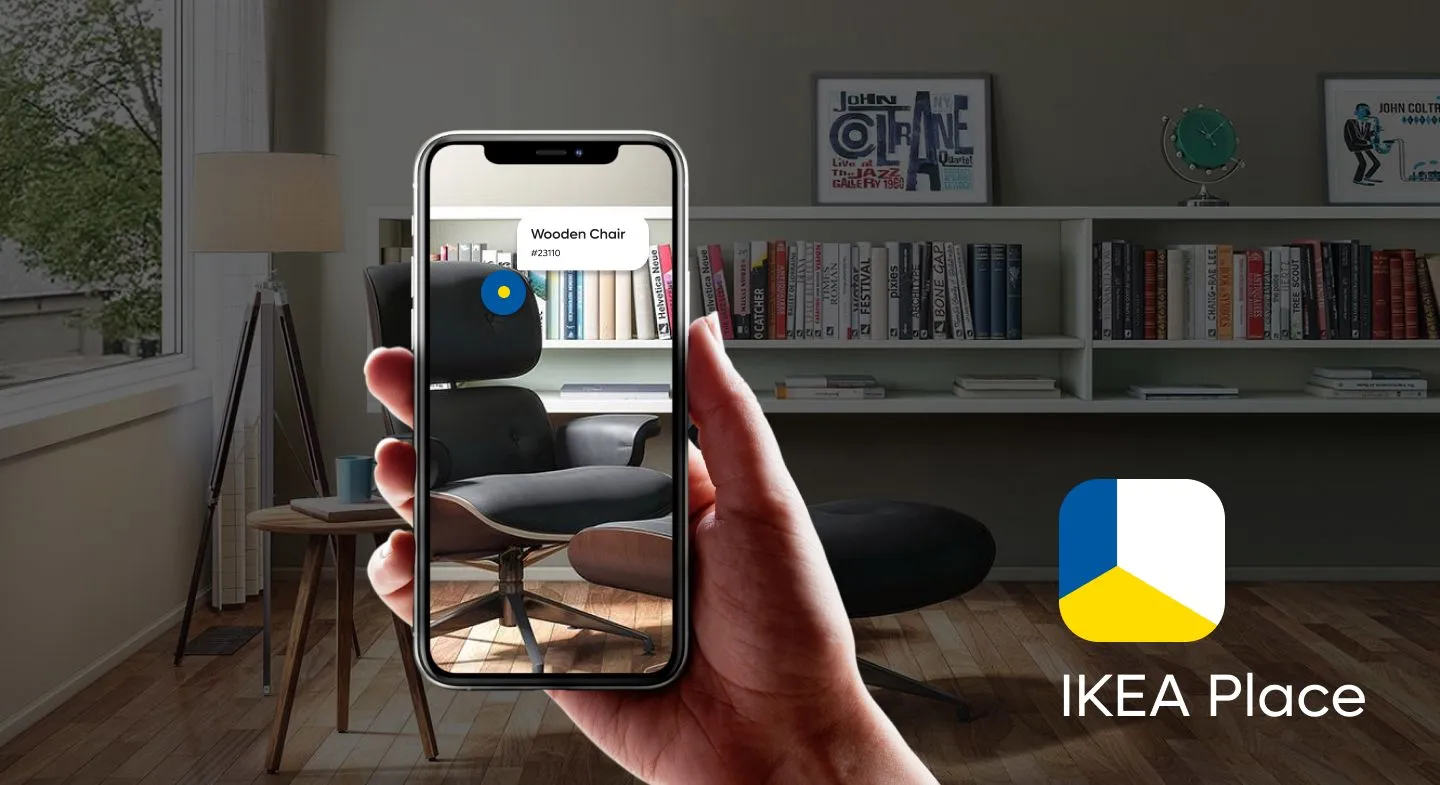
IKEA’s “Place” app lets shoppers preview furniture in their space using AR, reducing product returns and increasing buyer confidence.
Nike
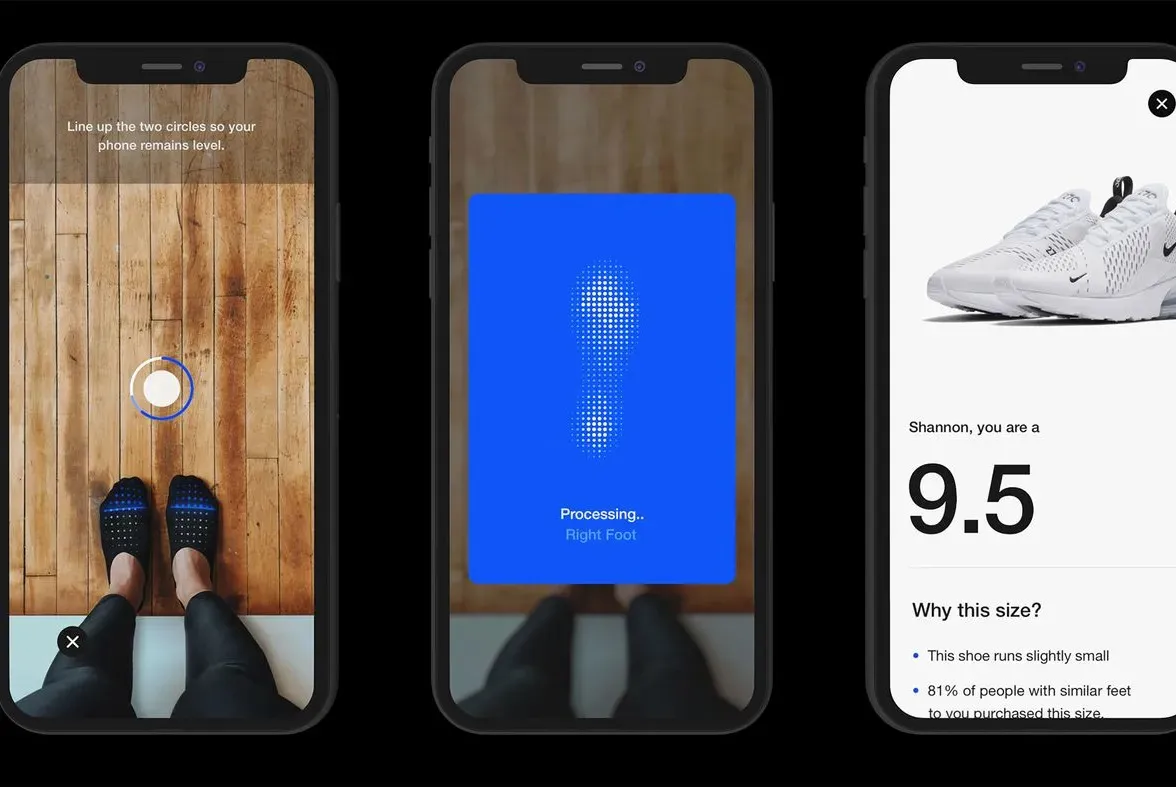
Nike Fit uses AR to scan shoppers’ feet and recommend the best size, driving a measurable decrease in returns and improved CSAT scores.
L’Oréal
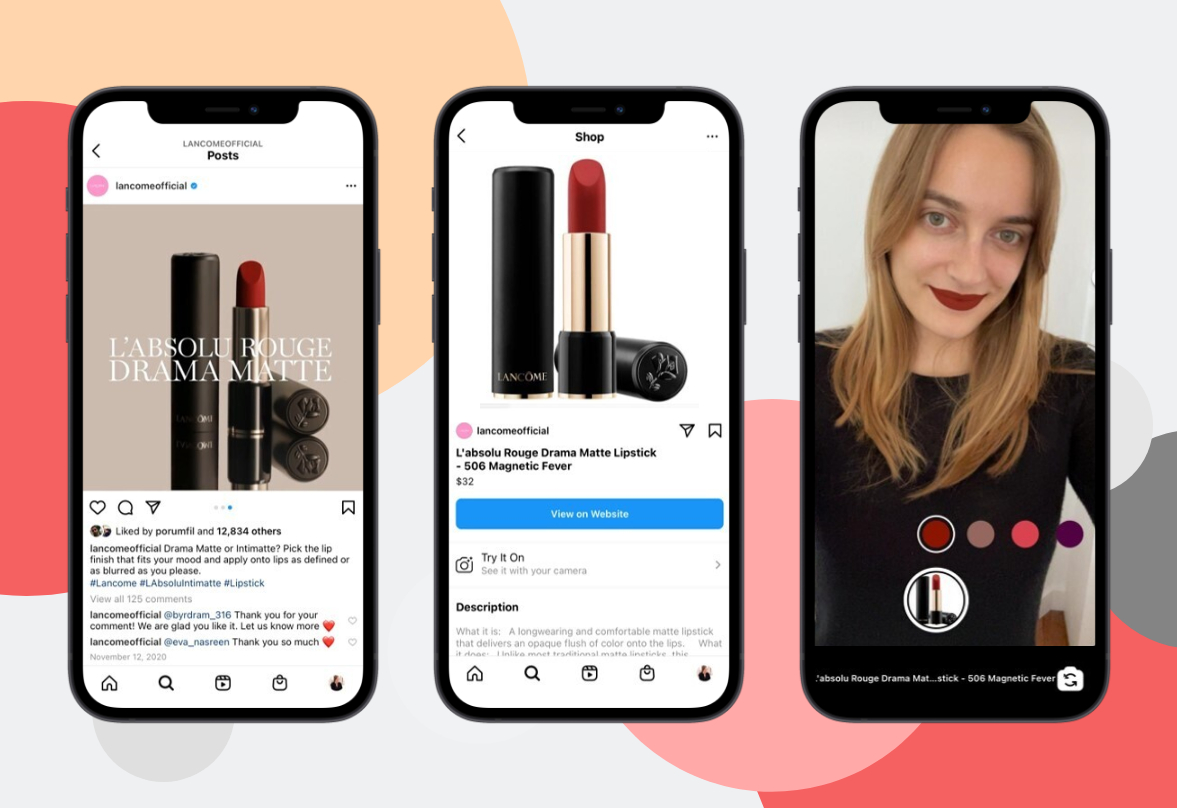
L’Oréal’s ModiFace offers virtual makeup try-ons straight on eCommerce product pages, boosting conversion by 28% for featured SKUs.
Where this pays off: apparel, beauty, furniture, and home improvement see the biggest gains in confidence and conversion.
6. Frictionless Mobile-First UX
Mobile keeps winning. GetResponse and Maropost both highlight m-commerce growth – and benchmarks show average eCommerce conversion rates, so every tap saved matters. Top performers significantly out-convert the median, proving UX speed and clarity are real money.
Mobile commerce will account for over 62% of global online retail transactions by 2027, making seamless mobile UX critical to eCommerce profitability.
Micro-fixes that compound: autofill address fields, offer express pay, compress images aggressively, and surface one-click checkout for returning users.
{{cta}}
7. Proactive Customer Support and Self-Service
When your systems predict issues – and your site answers before customers ask – tickets drop and satisfaction climbs. 2026 guidance stresses self-service portals, smart knowledge bases, and proactive alerts as cost-savvy CX wins for both B2C and B2B.
77% of eCommerce customers prefer online self-service options – making help centers, FAQ widgets, and automated alerts essential for both satisfaction and operational savings.
Starter move: publish answer cards for top issues, add intent-based search, and set proactive order-status nudges during peak seasons. If you have a load of simple repetitive questions, try automating them with AI.
How can proactive support & automation improve eCommerce customer experience?
Related articles: How to Increase Customer Satisfaction to Drive Customer Loyalty and Provide a Better Experience
8. Sentiment Analysis, Voice of Customer, and Real-Time Feedback Loops
Modern CX teams mine tickets, reviews, and chat to detect friction early. Intelligent platforms now track emotion and intent, helping brands respond faster and coach agents with targeted prompts. With AI maturing, companies can test copy or policies quickly and iterate based on real customer feedback cycles.
Translate insight to action: feed VoC findings into your product backlog and update macros, flows, and help content monthly.
9. Sustainability and Ethical Practices
Shoppers scrutinize supply chains, packaging, and returns. One of the most concrete 2026 shifts in Europe is the rise of Digital Product Passports, giving buyers transparent, verifiable information on origin and materials. Early movers earn trust and reduce returns by setting accurate expectations.
Quick win: start capturing product provenance and care details now, then expose them in PDPs and post-purchase flows.
FAQ
Q1. How to improve eCommerce customer experience without a massive budget?
Start with the quick wins: speed up mobile pages, simplify checkout, and publish self-service answers for top questions. Add a lightweight recommendation engine and shoppable social content, then measure lift by cohort.
Q2. How to improve customer experience in eCommerce with AI?
Use AI for behavior-based recommendations, intent-aware routing in support, and automated A/B testing of key messages. Keep humans in the loop for escalations and policy-sensitive topics.
Q3. Why eCommerce customer experience matters more in 2026?
Acquisition costs stay high while social and mobile journeys get shorter. Brands that reduce friction and personalize at scale convert more visitors and retain more customers, widening the performance gap.
Q4. How to improve the eСommerce customer experience across channels?
Unify data so every touchpoint knows the shopper’s history. Offer BORIS, consistent pricing, and a single tone of voice across web, app, email, and store.
Q5. How to increase customer experience in eCommerce with AR/VR?
Use virtual try-on for fit and size confidence, in-room previews for furniture and décor, and short live demos to answer objections in real time. Track return-rate impact by category.
Q6. How do security measures impact the customer experience in eCommerce?
Security features like two-factor authentication and encrypted payments build trust and reduce fraud, but can add friction if too cumbersome. Research shows that clear, unobtrusive security boosts customer trust: 46% of shoppers state that robust visible security increases their likelihood to complete purchases, but ⅓ of people abandon carts when procedures are confusing or slow. The key is balancing safety with a frictionless path to purchase by communicating steps clearly and minimizing repetitive security checks.
{{cta}}
Bottom Line
2026 is the year where eCommerce customer experience becomes the competitive battlefield: hyper-personalized journeys, unified digital-to-store touchpoints, and always-on support powered by AI are no longer differentiators but requirements.
The most successful brands will pair cutting-edge technology with genuine, human-centric engagement, iterating swiftly based on data and customer feedback to deliver seamless, secure, and memorable experiences at every interaction.
If you would like to stay ahead of the curve, we can help you! Our CX experts have been on the market for half of the decade, tracking and quickly implementing the best trending innovations for our clients. Contact us to get a quote!









.png)


.webp)


.png)
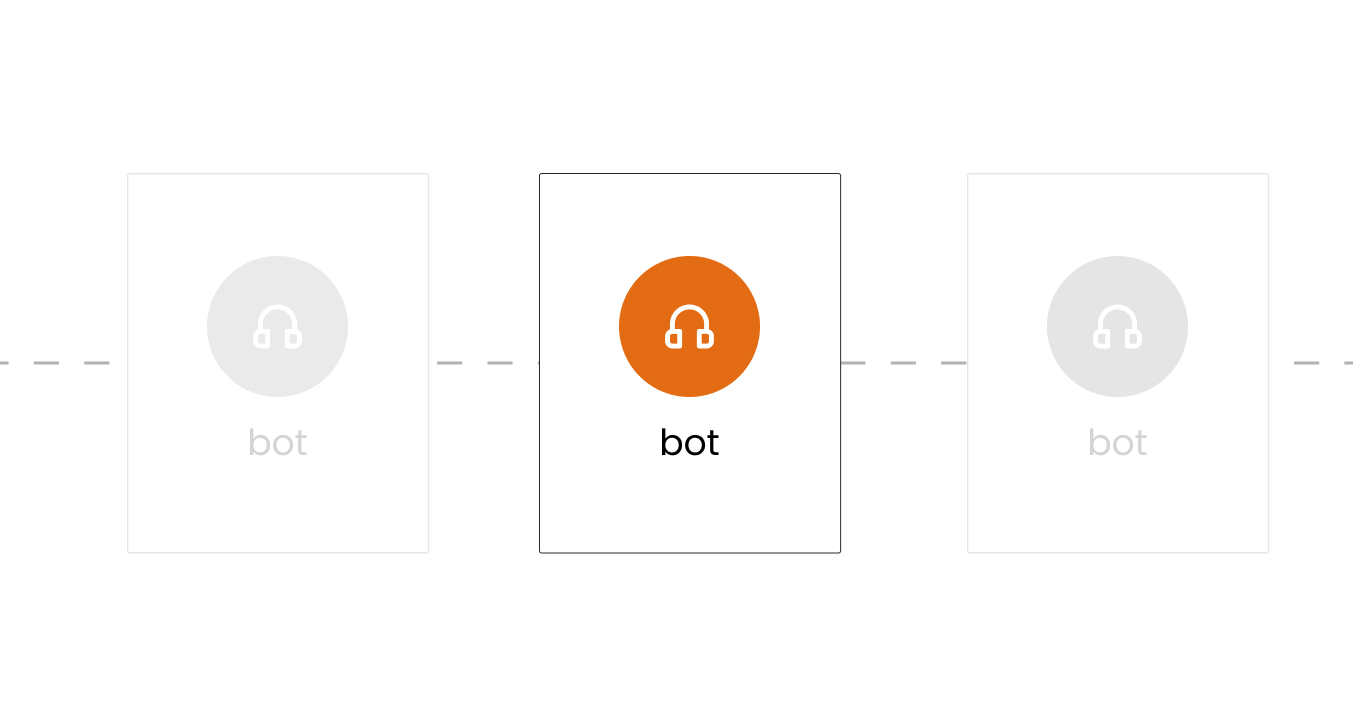
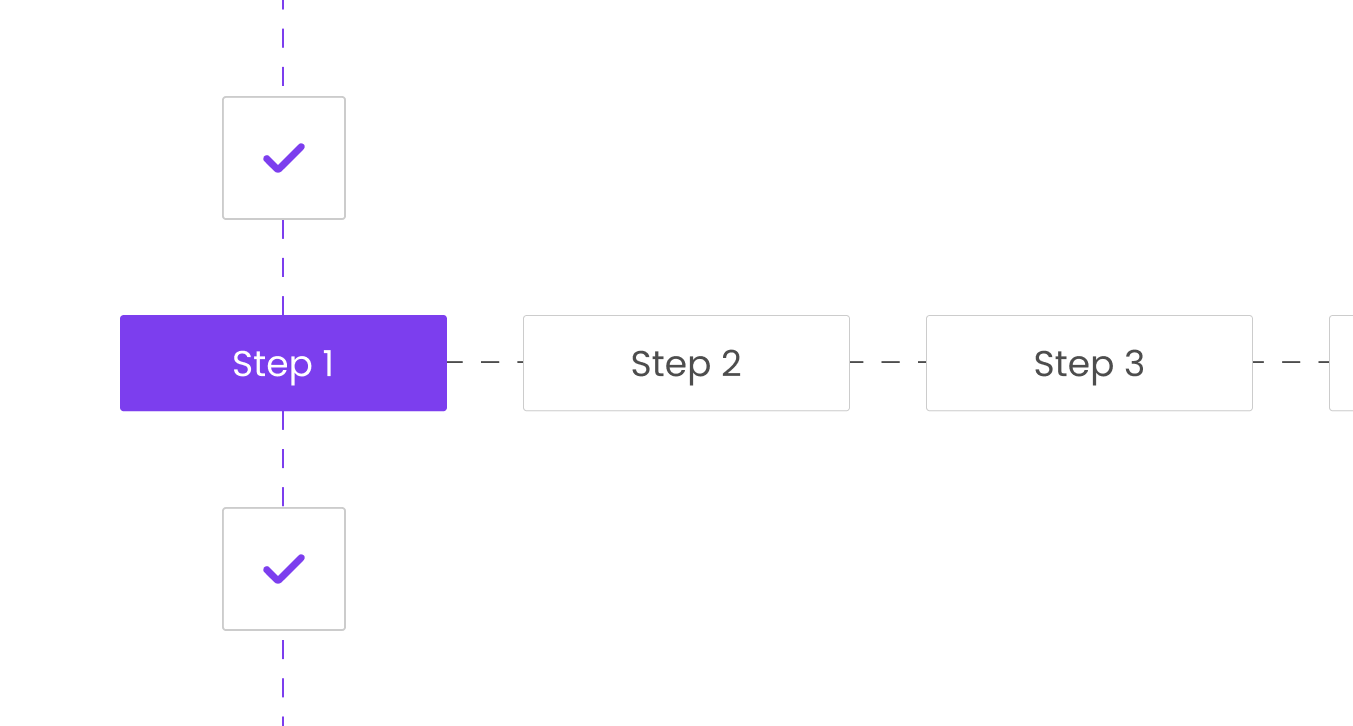
.webp)

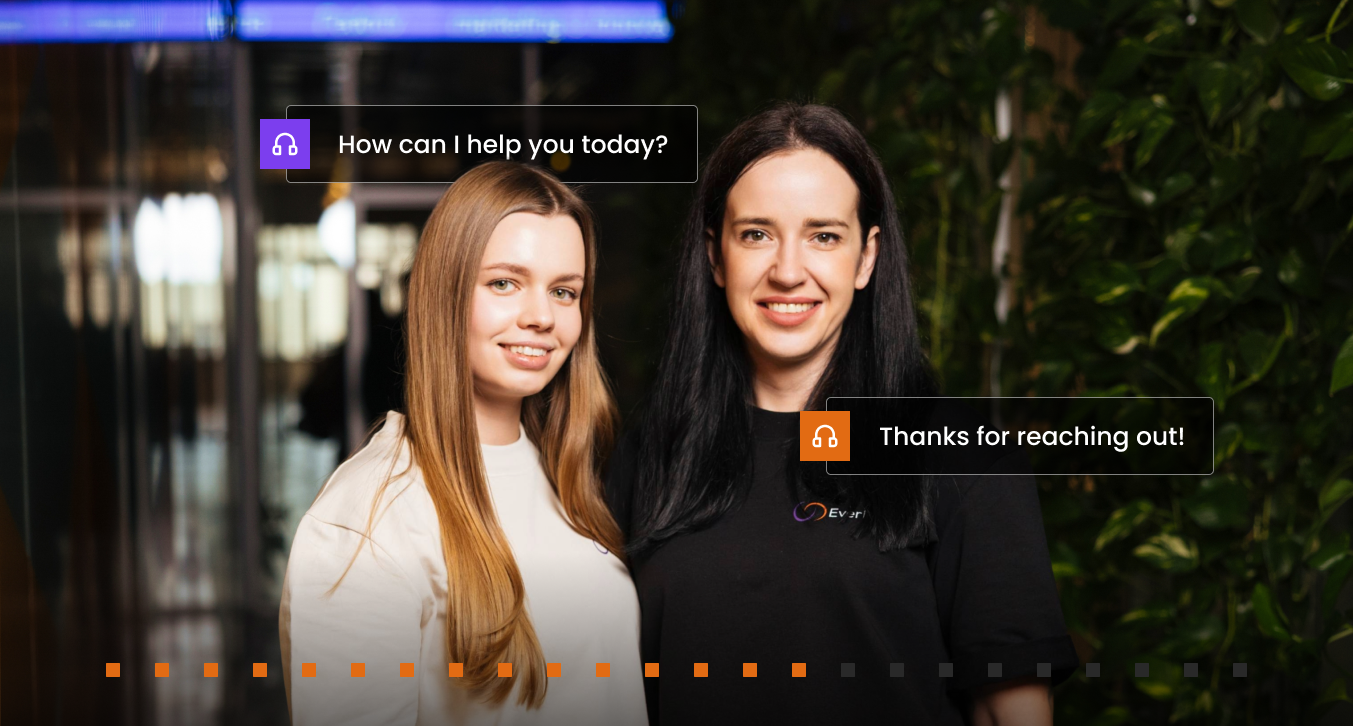
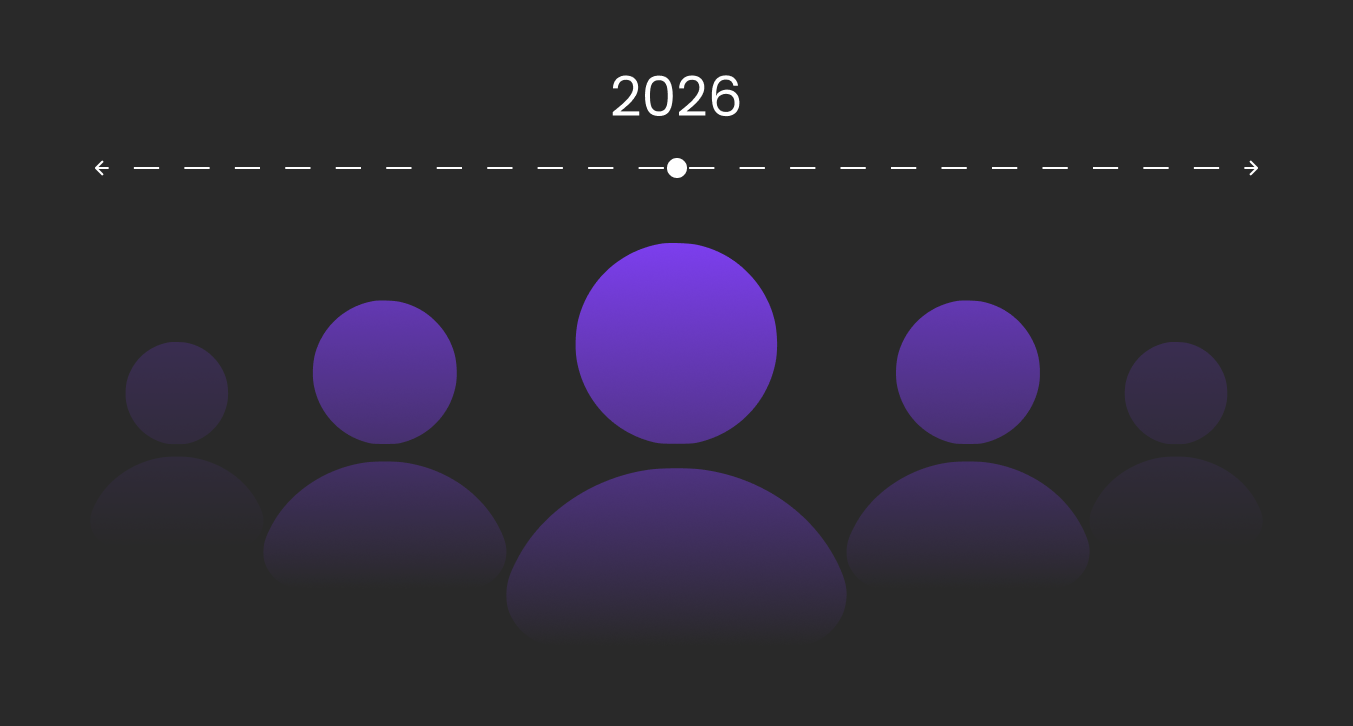

.png)

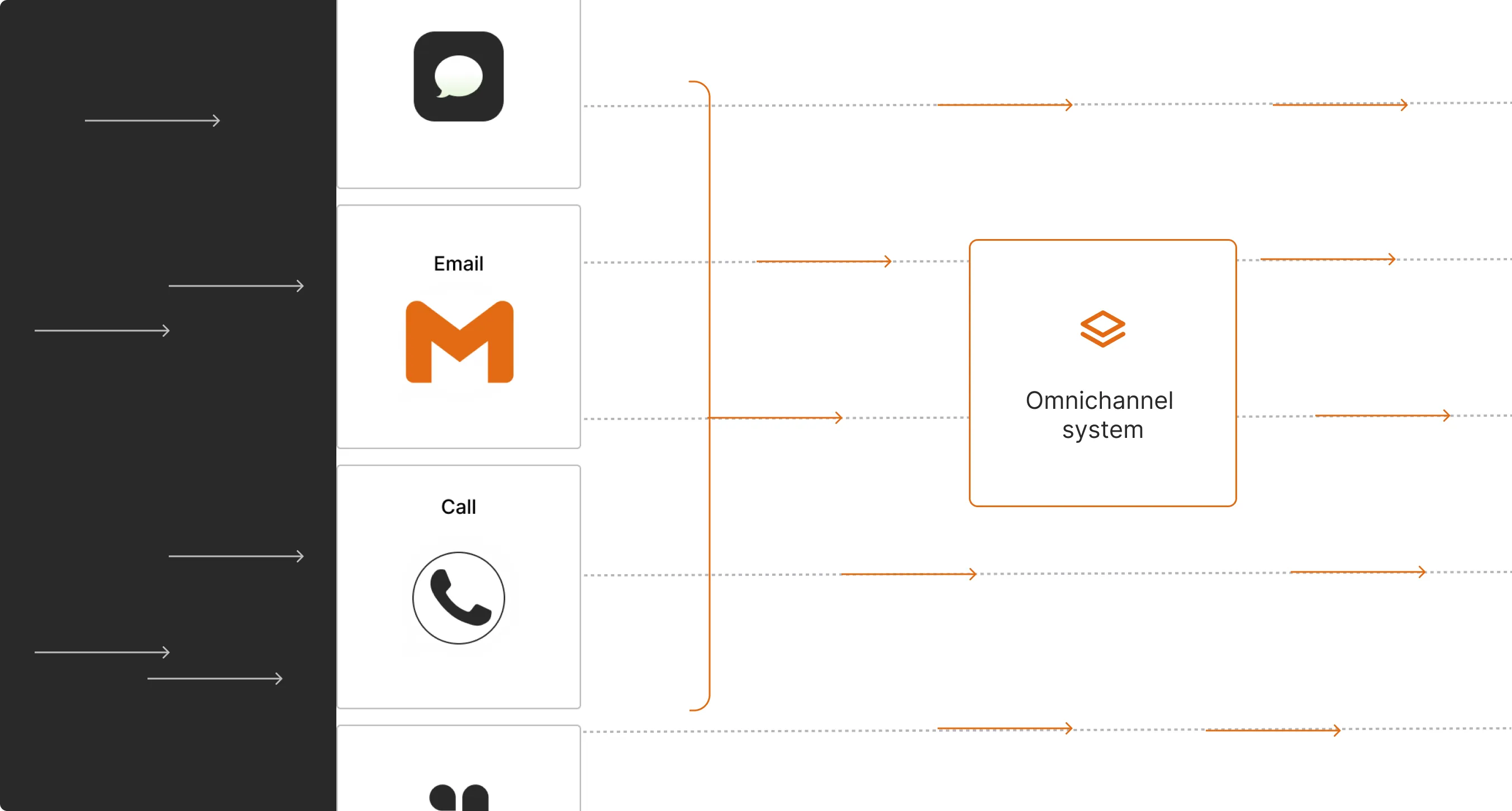




.png)



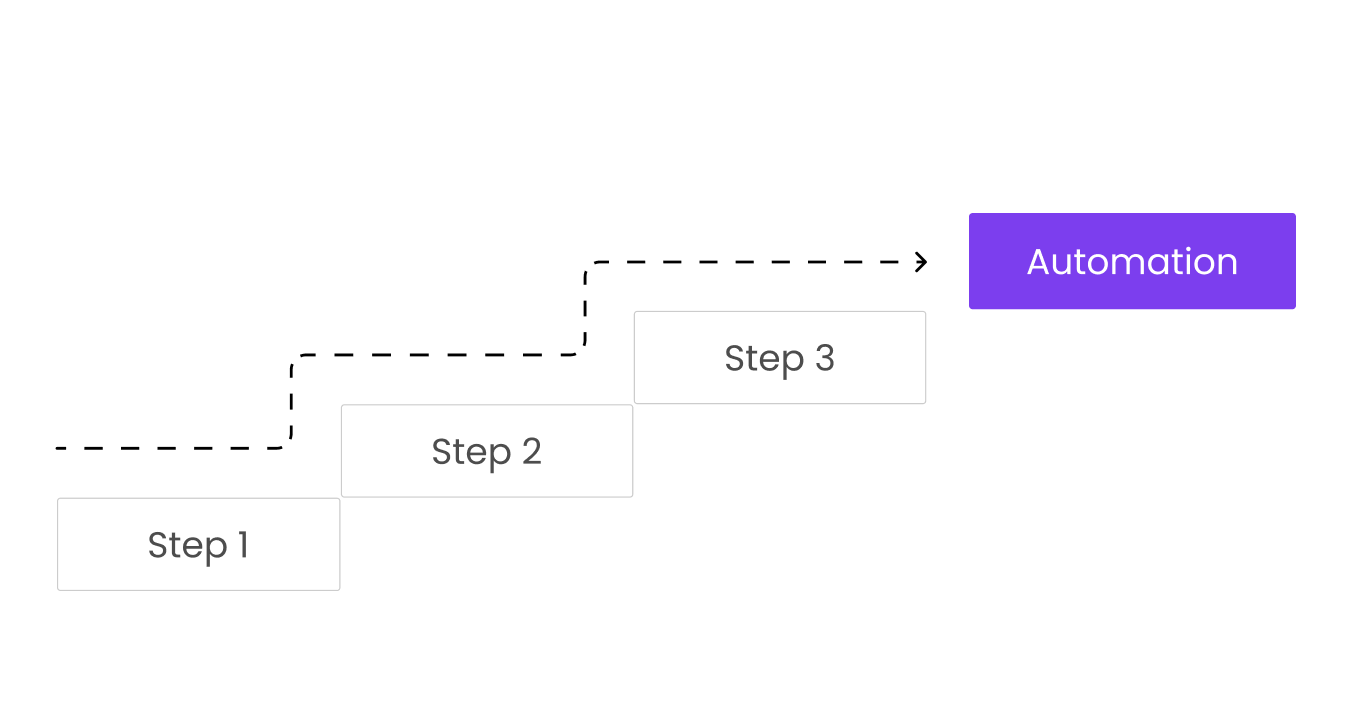


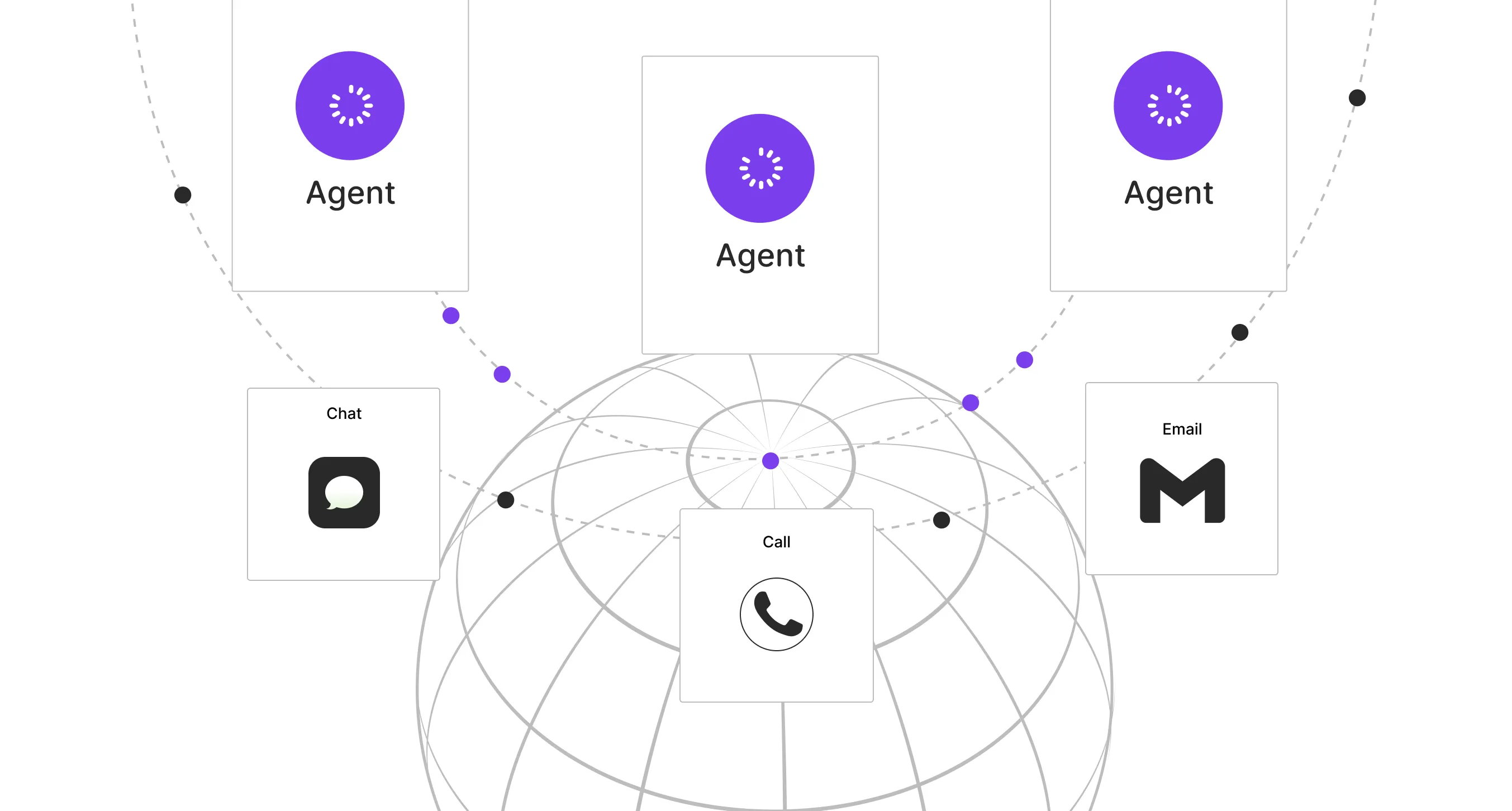
.png)
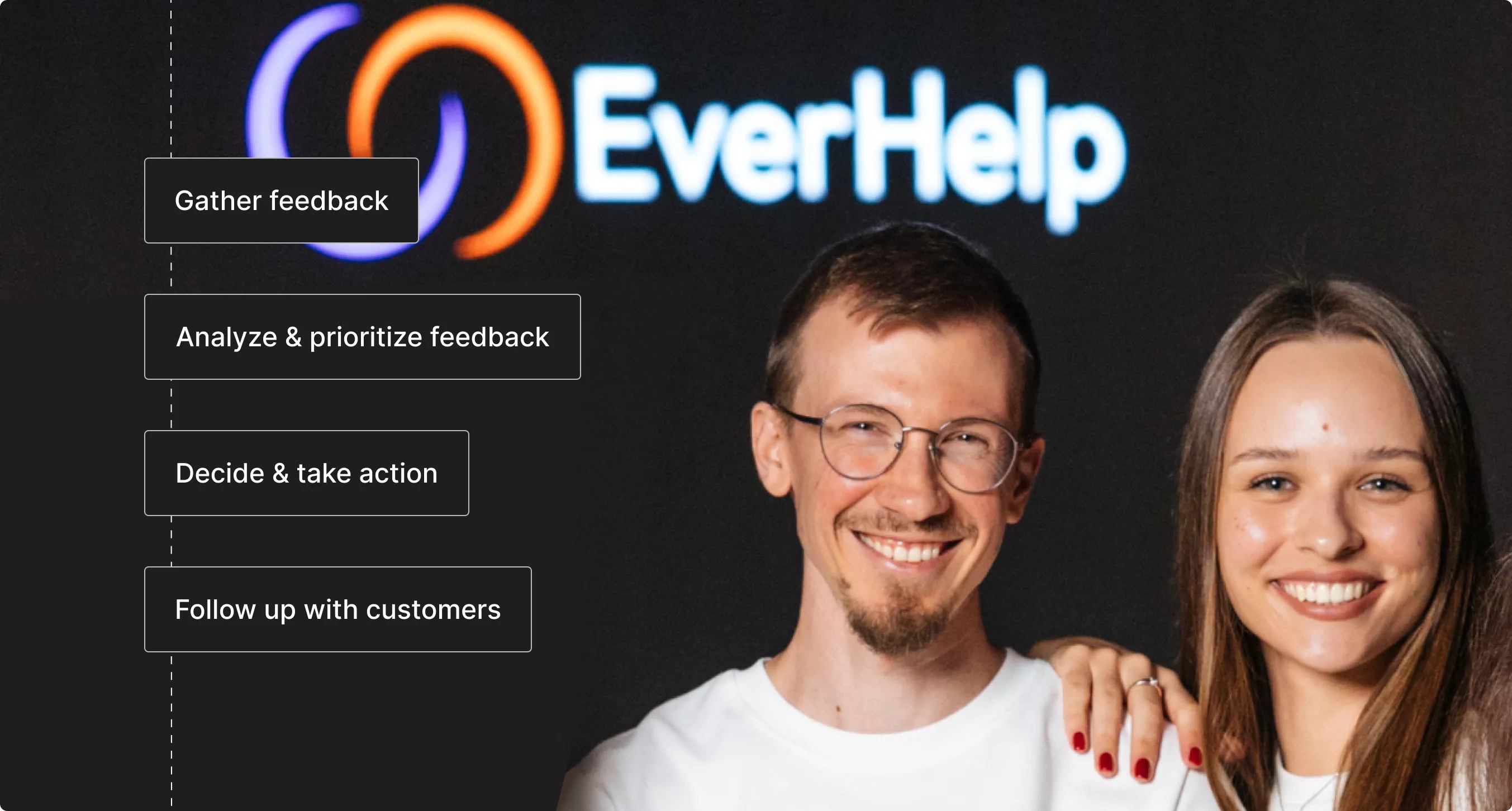
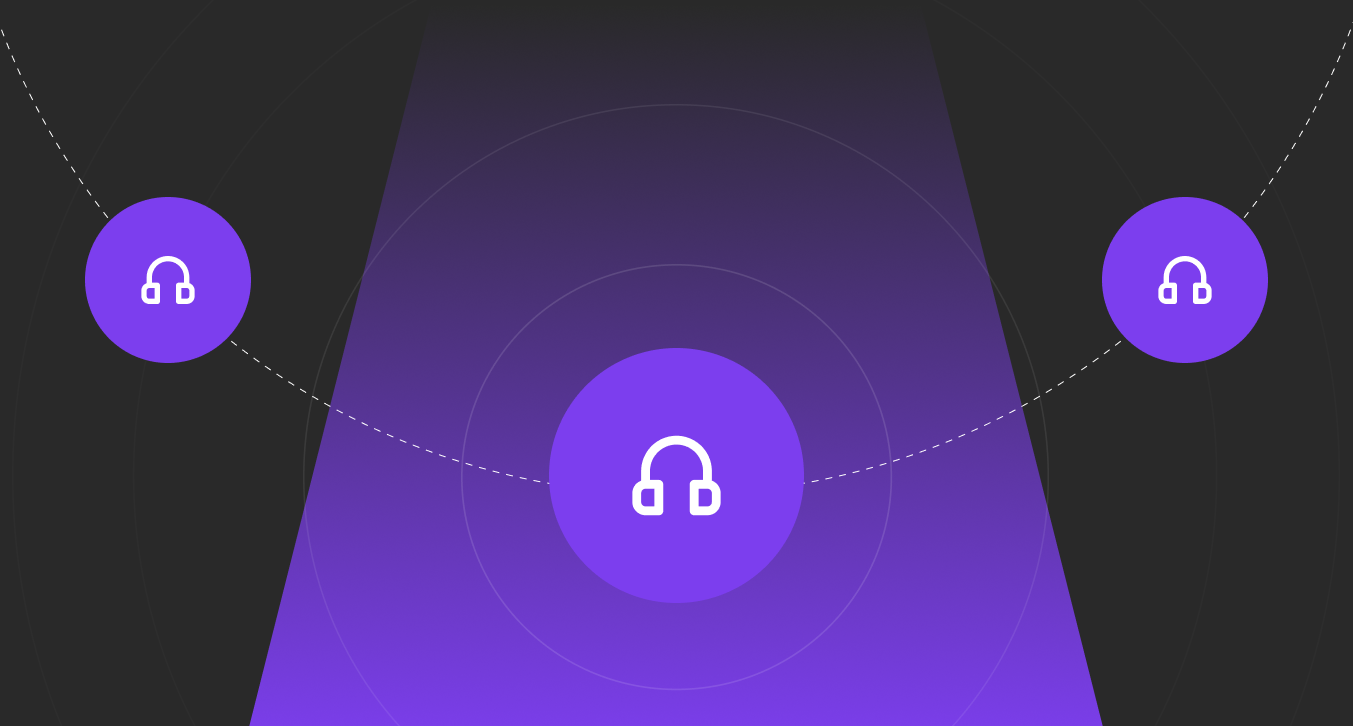


_%20Strategies%2C%20Tools%20%26%20A%20Client%20Success%20Story%20(3).png)
.png)
.png)

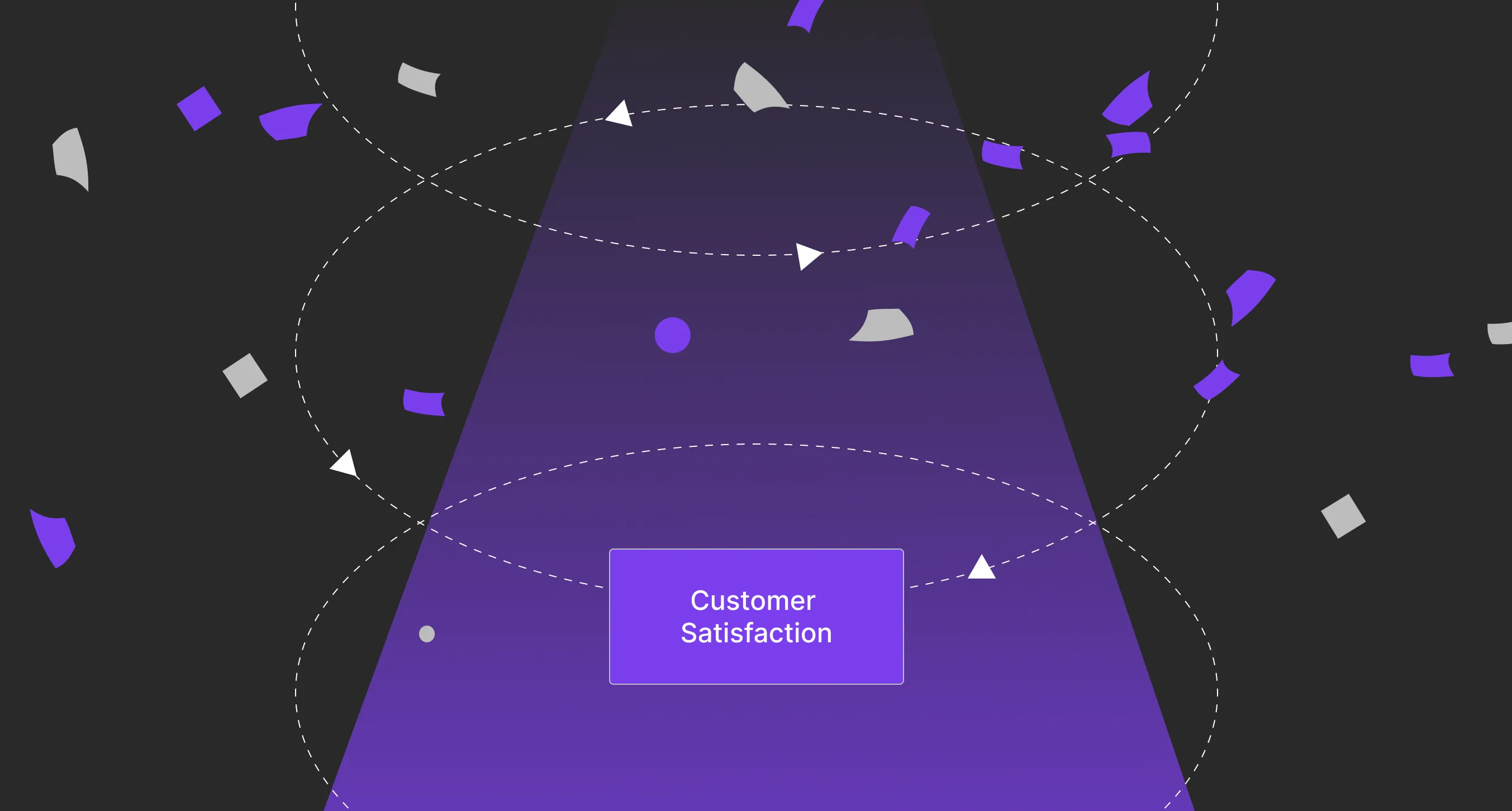
.webp)
.webp)
.webp)
-min%20(1).webp)

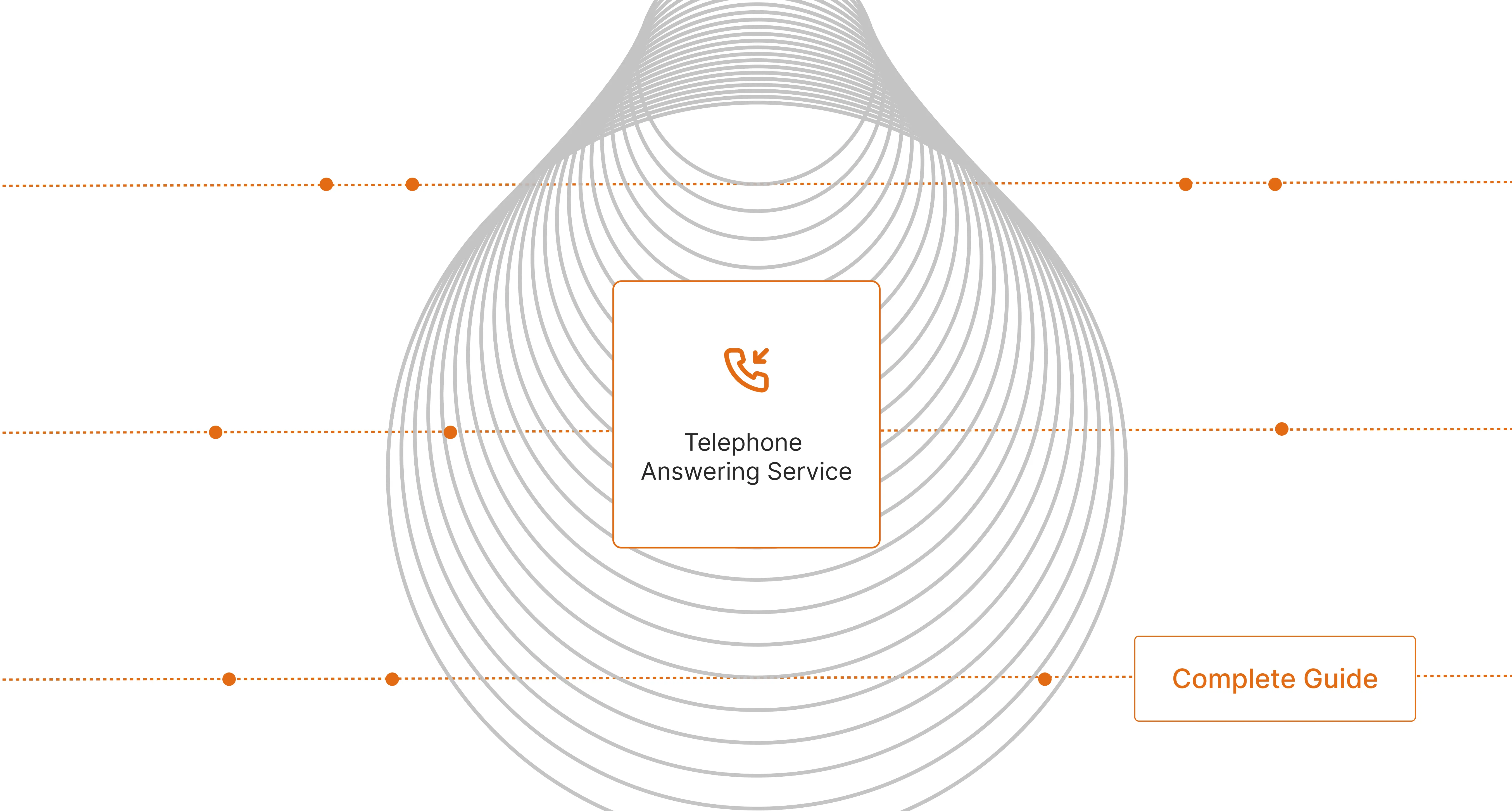

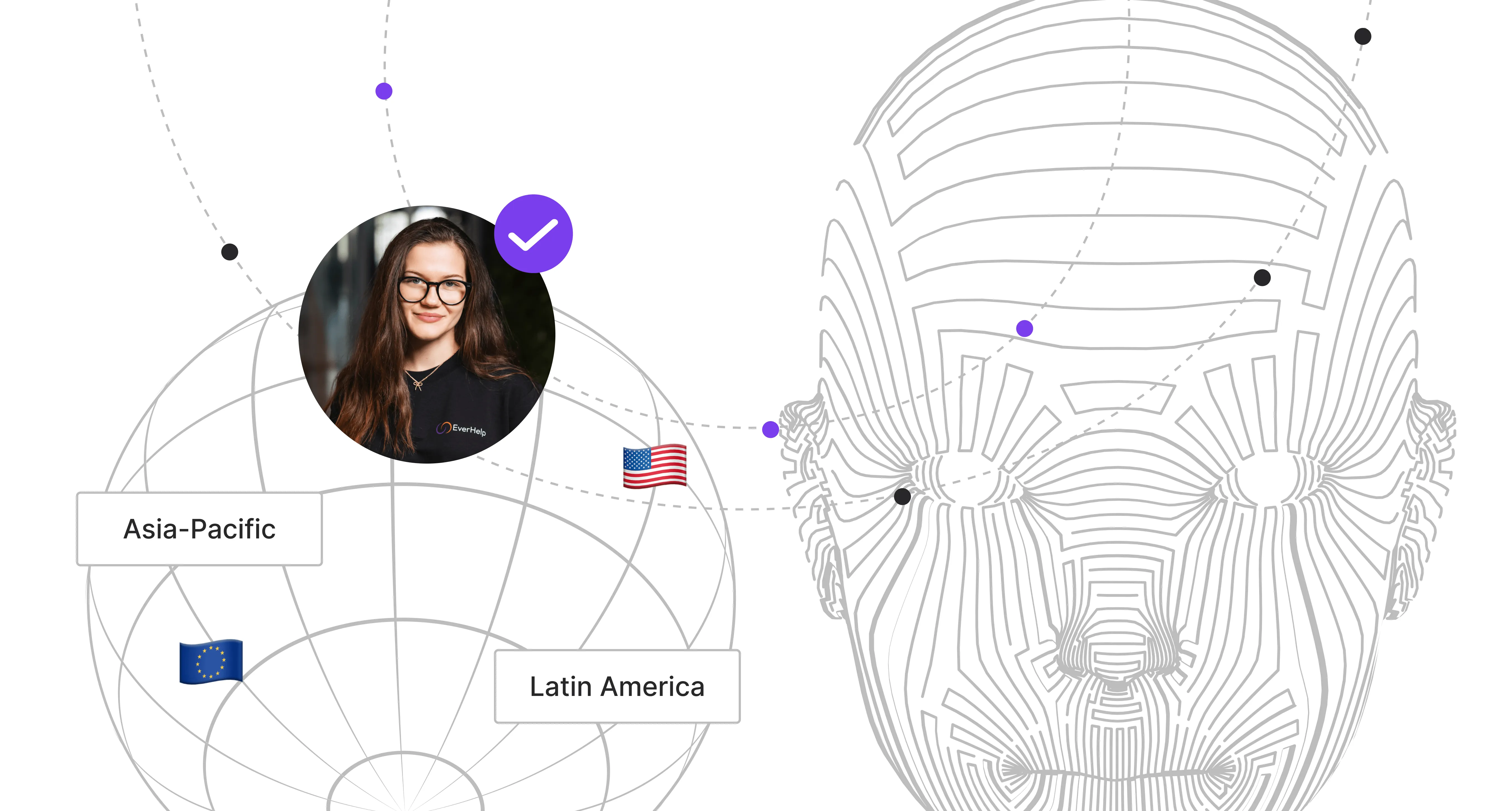
.webp)
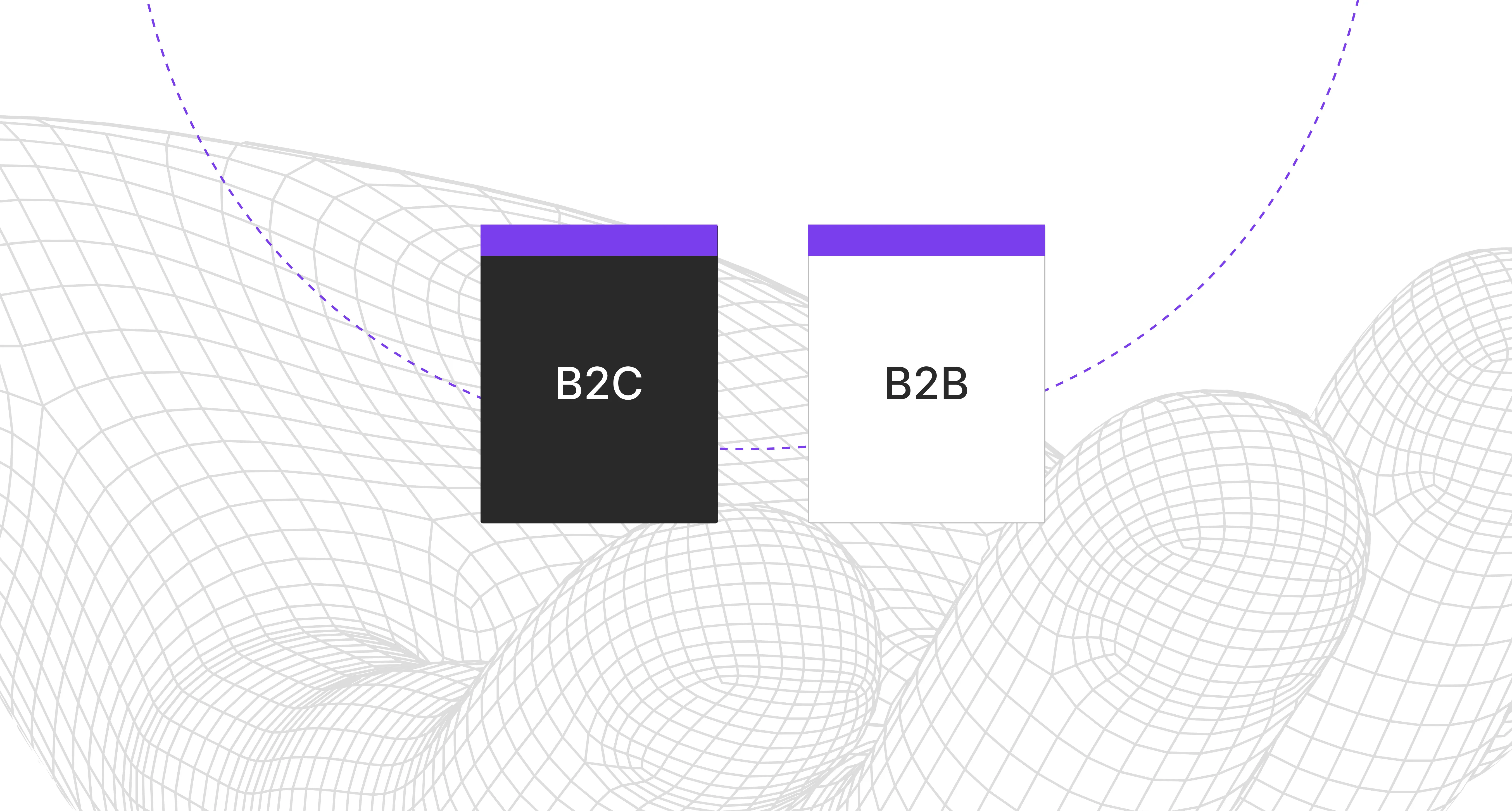



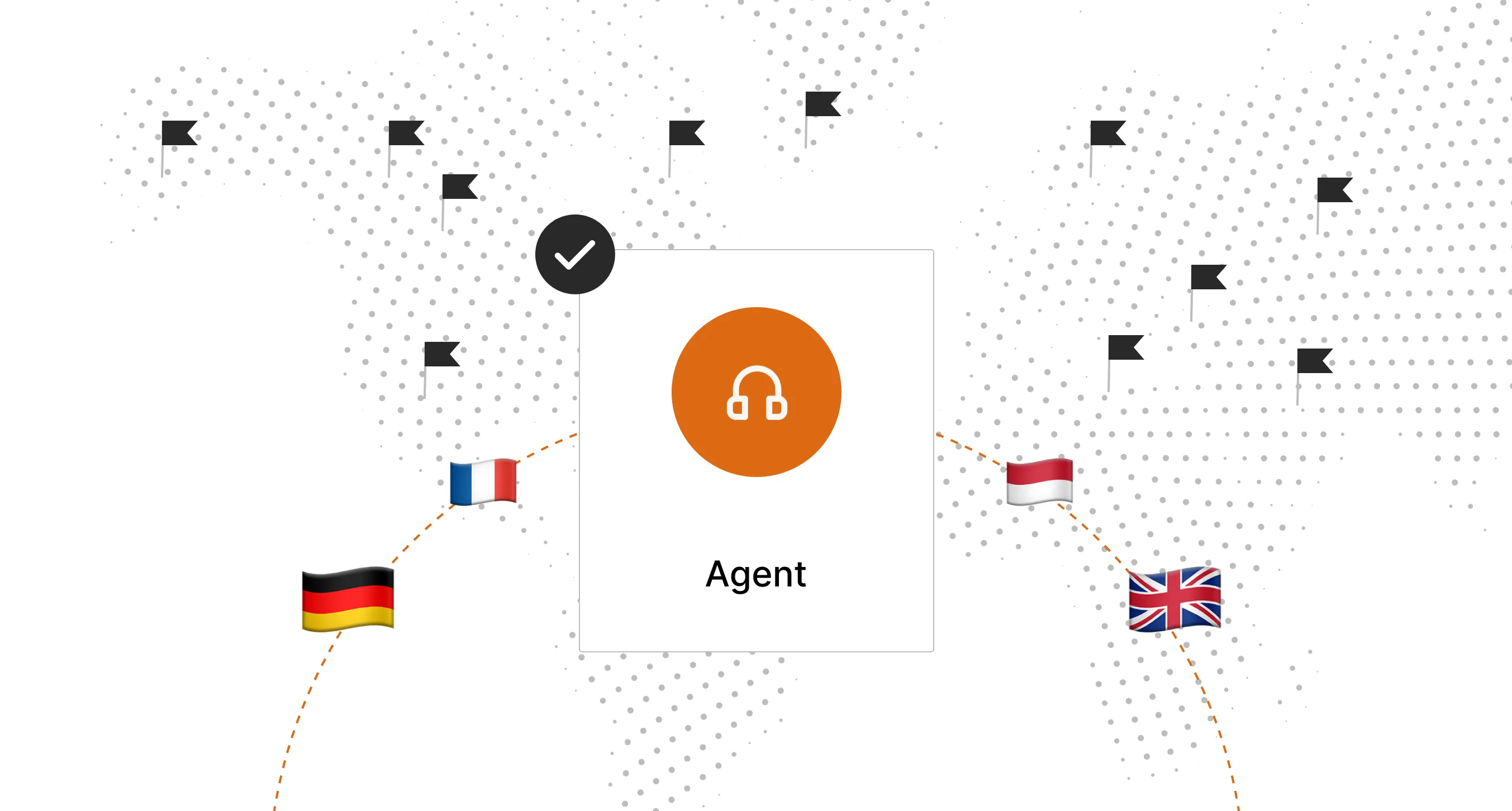




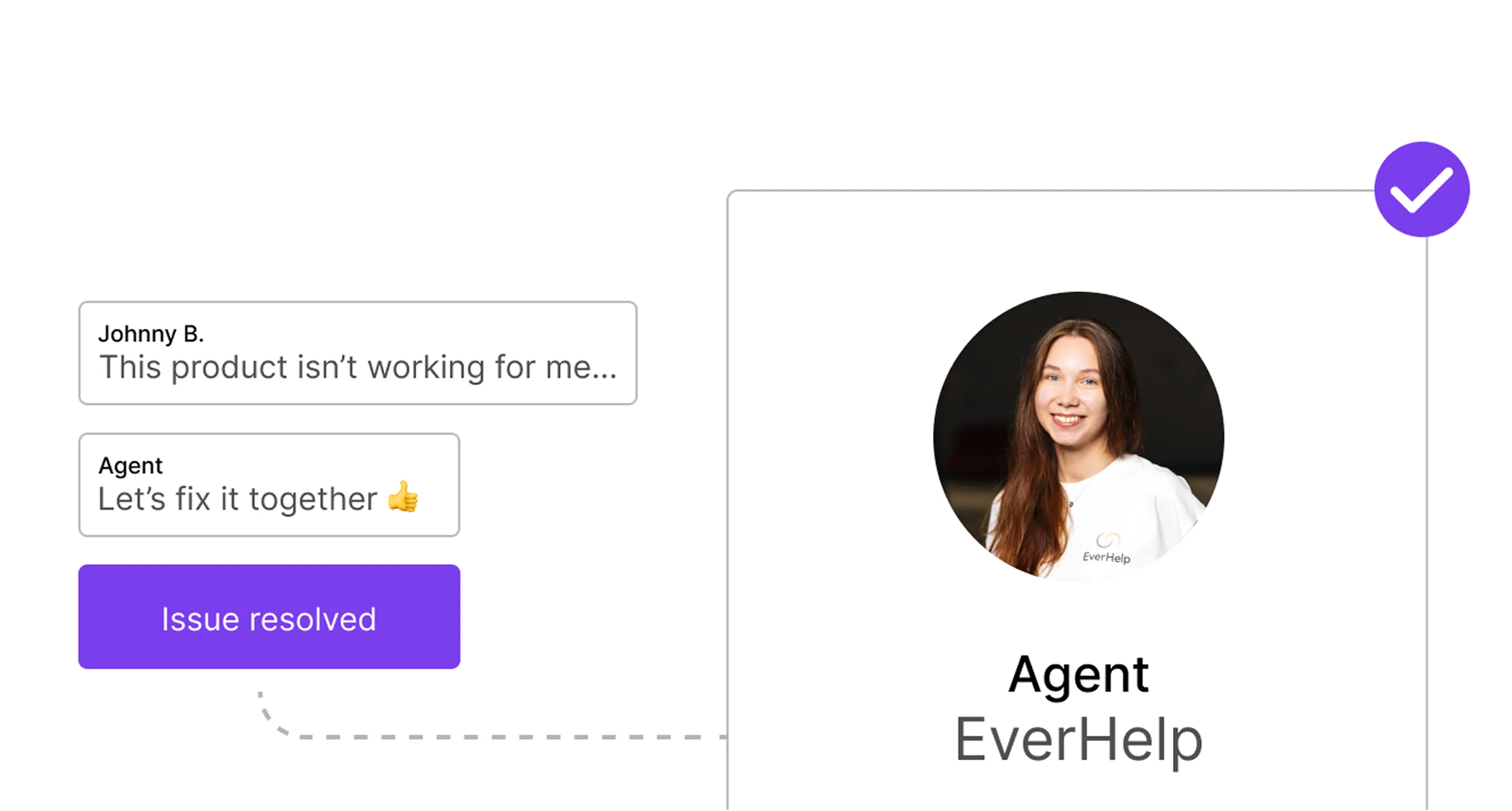



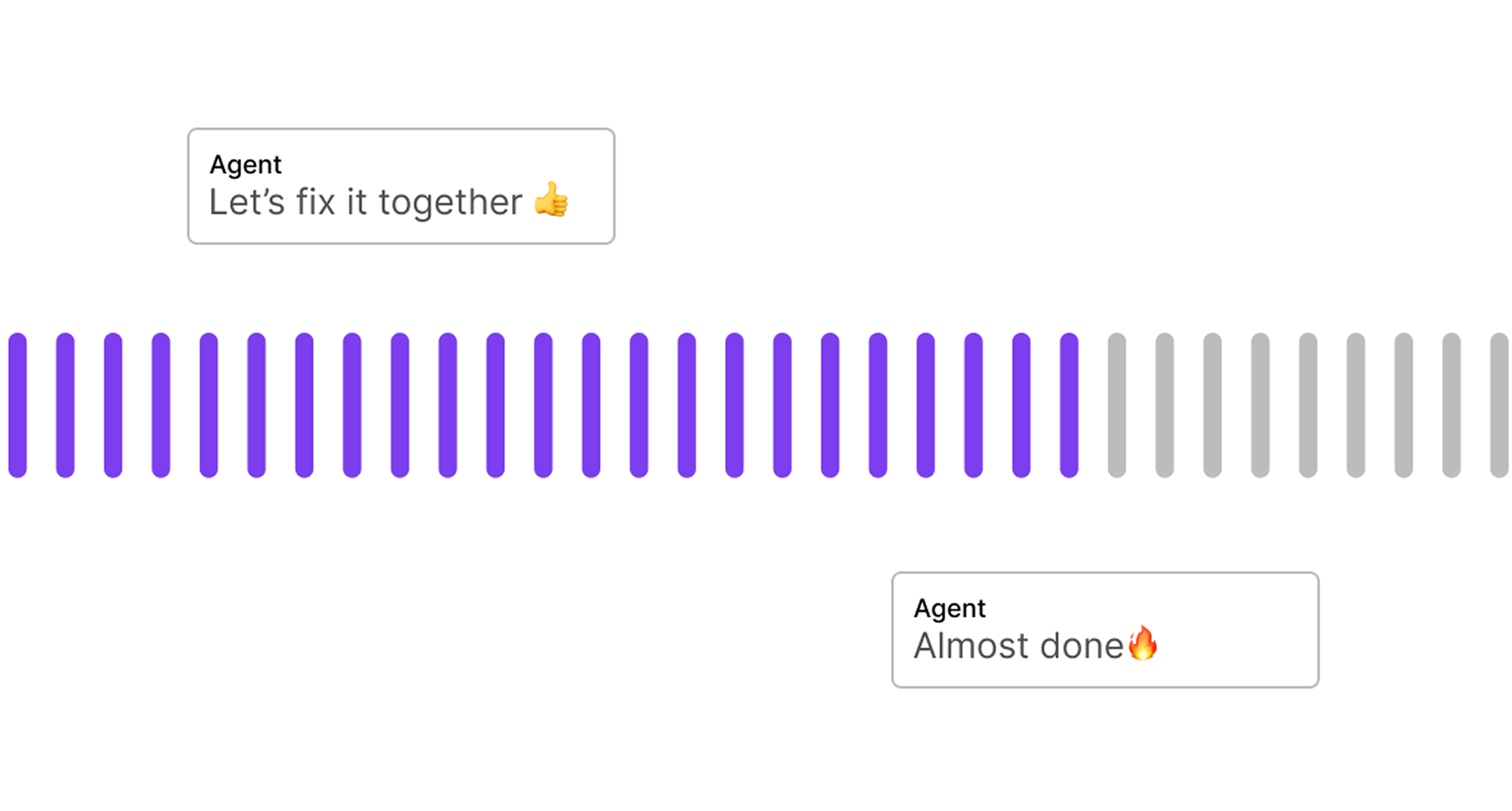




.webp)











